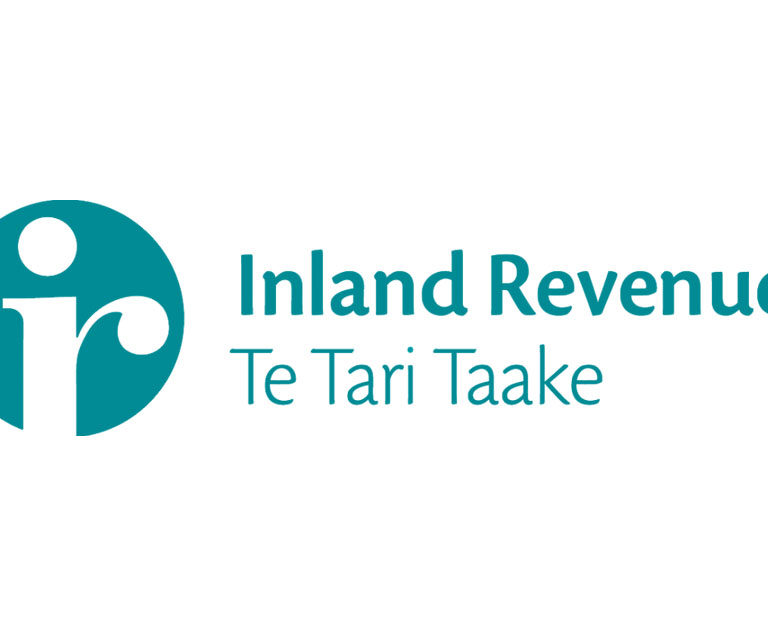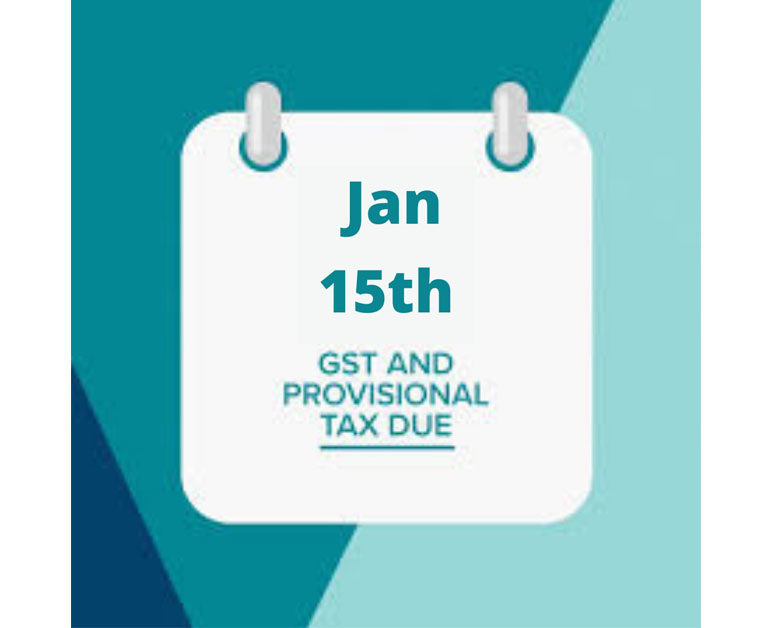How to Setup Your Business Structure
Hopefully, you have read the first article and decided which is the best business structure for your situation.
Now we will go through how to set up your chosen structure.
Sole trader
A sole trader structure is the easiest to set up and you probably already have what you need to start work. To become a sole trader you must have:
- a personal IRD number for paying income tax and GST – this is the same number you give any employer
- licences/permits or registrations/qualifications depending on what industry or trade you’re in.
You’ll need to tell Inland Revenue you’ve become a sole trader (they will be notified when you file your first IR3, if the option isn’t available in your tax return you will need to ring to get them to activate it).
Partnerships
To start a partnership you will need to apply for an IRD number. Information on partnerships and how to apply can be found at https://www.ird.govt.nz/roles/partnerships. Before you start, make sure you know why you’re starting a partnership. Partners usually have an equal share in a partnership, unless their partnership agreement states otherwise.
Partnership agreements
It is a good idea to have a partnership agreement, as entering a partnership binds you legally to the other partners. The agreement sets out the rules that all partners will follow.
Things to put in a partnership agreement include:
- how much capital each partner will put into the business
- what is included as business property, eg intellectual property, client lists, premises
- how income will be distributed to each partner
- what the day-to-day duties of each partner will look like
- how disputes will be resolved
- what happens if a partner wants to exit the business or dies
- how the business could be sold or new partners introduced.
This is an area where you should seek advice and get input from a lawyer as Partnership agreements can be complicated documents.
Companies
Starting a company is fairly easy in New Zealand. You can set up a company yourself or get a third party e.g. your accountant to set it up for you.
You need to incorporate your company through the Companies Office. This is done online through the companies office website. First, you’ll need to get a login for the Companies Office website — use your RealMe® login to access the site. You will need to create a login if you don’t already have one.
Once you login you can complete your registration by:
- checking the company name you want is available and reserve the name
- registering your company.
Before registering make sure you have information about who will be the Directors and how many shares will be allocated to each shareholder. More information on this is below.
You automatically receive an NZBN (New Zealand Business Number) when you register a company. Using it will speed up your interactions with government, suppliers and customers and other businesses, eg sharing invoicing details.
Every year your company must file an annual return with the Companies Office. This confirms that your company is still operating, if you don’t file your return the company will be removed from the Registry. This return is different from your annual tax return.
Directors & Shareholders
Every company must have directors and shareholders. You must list the company directors and shareholders when registering a company. Every company must have one share however most companies are registered with 100 shares, this allows for share changes if you sell part of the company at a later date.
If there is more than one shareholder it’s a good idea to have a shareholders agreement that sets out these things. A specialist lawyer can help you do this.
Constitution
You don’t have to adopt a constitution when you set up a company and most companies don’t, this can be done at a later date if needed. A constitution may prove useful if your company changes in the future if you’re looking at investment by issuing more shares. A constitution sets out the duties, rights and powers of the company, each director and Shareholder as well as its board.







